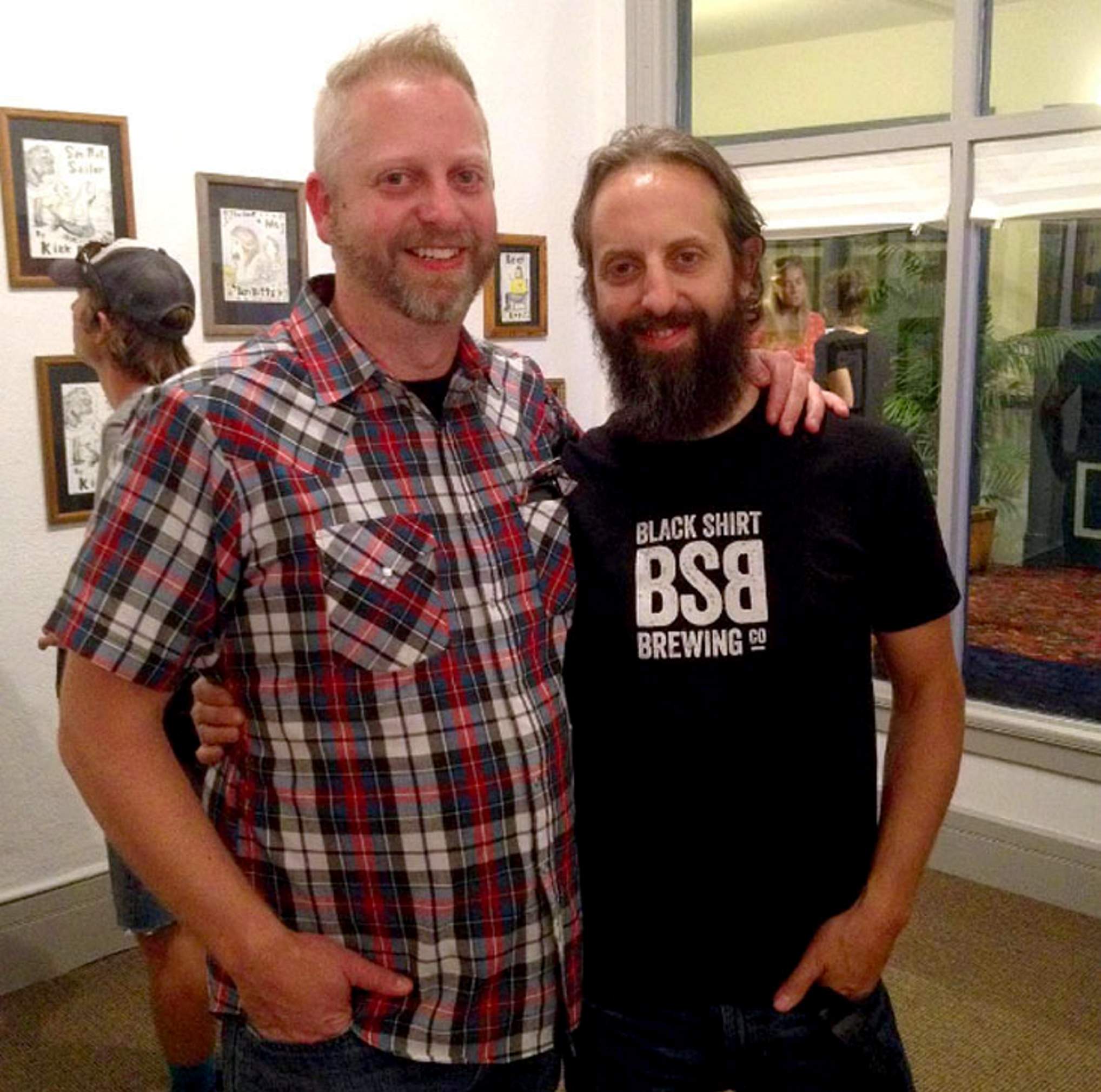I picked up a game recently that I never finished called “S.T.A.L.K.E.R.: Shadow of Chernobyl,” and found that new perspectives on life, not skill, would help me finally complete it.
You might be able to guess, based on the title, that it takes place in the post-disaster exclusion zone around Pripyat, Ukraine, where the infamous Chernobyl nuclear power plant melted down in the spring of 1986. The title of the game draws from the 1979 Tarkovsky film “Stalker,” which itself is based on the 1971 sci-fi story “A Roadside Picnic,” by Arkady and Boris Strugatsky.
The film “Stalker” became something of a bizarre classic after the Chernobyl meltdown forced the Soviet Union to close off a thousand square miles surrounding the power plant and dedicate an exclusion zone that exists to this day. The eerie parallels between the film and the reality of a traumatic event and a government sanctioned exclusion zone in the middle of Ukraine struck a chord for many. After the hasty and somewhat slipshod construction of the sarcophagus around the melted-down power plant, the engineers sent in to investigate the interior were referred to as “stalkers.”
The game pulls concepts and details from both the film and actual events to create a world filled with radioactive beasts, mercenaries, and stalkers who venture through “the zone” to collect curious artifacts and search for any evidence of a fabled “wish-granter” that may exist within the sarcophagus of the Chernobyl core. The world is bleak and desperate and supplies you need to survive are scarce. It is that last detail that I believe stopped me from playing further, years ago.
The idea of playing a game where I was stressing about my inventory, the condition of my weapons, the amount of radiation poisoning I had, was too much for me. The game teases you by showing what is possible but is never quite within reach – a utopian fantasy never realized. I was able to continue into this nightmare zone when I decided to give up measuring my success based on how well my desires were met.
The same happens in the material world: We seem to measure our success based on how well our material desires are fulfilled. We compare cars and phones, how fit and healthy we are, what our social statuses are, and even compare our relationships with others. But is this wildly unreliable method of measurement the most effective way of quantifying our self-worth? This is not to say it’s ineffective to have desires. Indeed, our desires are what drive us to accomplish great things and decorate our short time here with beautiful experiences.
Our drive for accomplishment enables us to pursue many different goals – goals to be happy, to be healthy, to be skillful, or to at least survive radiation poisoning long enough to get to the next stronghold. It is arguably imperative that we have desires that drive us, but perhaps we shouldn’t let the outcomes determine our self-worth. Perhaps we should feel success through how our actions and intentions reflect who we are. In “S.T.A.L.K.E.R.,” I started this by giving a wounded mercenary my last medkit instead, even though I could have used it myself. There is an endless amount of potentiality that we cannot see; the interconnectedness of cause and effect is beyond our control and we are only able to make our own moves, act on our own intentions. The circumstances that we will find ourselves in will only be opportunities for us to learn and grow.
My friend, Poleposition, argued with me on this one saying, as gamers, we pride ourselves with our achievements and trophies, showing off our accomplishments, our armor builds, our sweet legendary swords. But I think these are just byproducts of our actions and accomplishments. Alone, they are useless. The things we remember and value aren’t the trinkets and treasures, it’s the stories that came before them. I’m not going to care much about this crate of expensive vodka I just found in some bandit hideout. I will, however, remember how I scouted around this place, trying to find the least-obvious entrance only to be chased by rampaging, radioactive, wild boar into a booby-trapped campsite packed to the gills with explosives and machine-gun-wielding bandits firing wildly in every direction while I sprinted, desperately consuming every form of health in my inventory, until the shooting died down and I miraculously survived.
As the brilliant physicist Richard Feynman said, “Nature’s imagination is so much greater than man’s, she’s never going to let us relax.” We will rarely be in control of the circumstances that are handed to us, but we can at least choose our own actions. Assuming responsibility of our own actions and intentions can be empowering, but does not give us full control of the outcomes and that can be difficult to accept. We can, however, feel good about who we are when we don’t have the shiniest weapon, the best gear, or the healthiest body. It feels enlightening to know that we can find satisfaction, even triumph, when focusing on who we are based on our character and intentions, and not how we are restricted and limited by circumstances beyond our control.
Brett Massé is currently playing Giraffes Volleyball Championship 2016 by Sandwich Puissant












